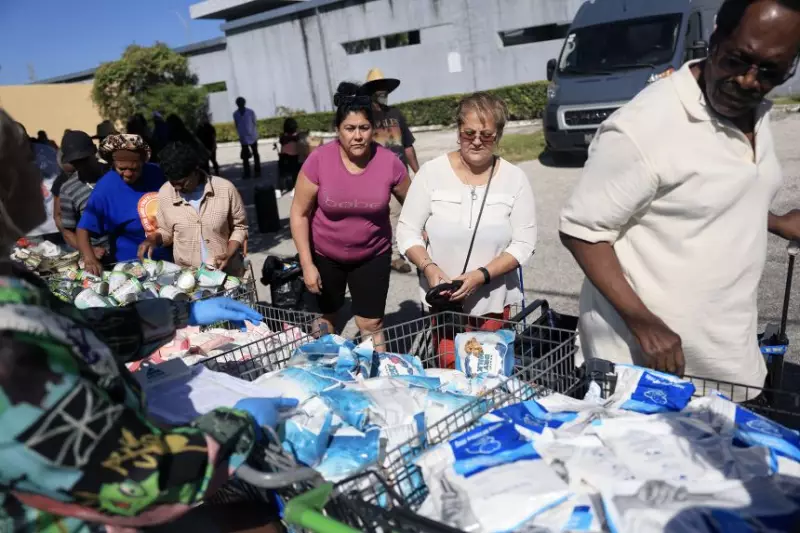
The ongoing US government shutdown has forced the Trump administration to make emergency adjustments to the Supplemental Nutrition Assistance Program (SNAP), commonly known as food stamps. Millions of American families relying on this crucial assistance will receive only partial benefits for November due to the political impasse in Washington.
What This Means for Beneficiaries
According to official statements, the partial payment arrangement is a temporary measure to prevent complete disruption of food assistance during the government funding crisis. While specific percentages weren't disclosed, beneficiaries should expect reduced amounts compared to their regular monthly allocations.
The situation has created widespread anxiety among low-income households, elderly recipients, and disabled Americans who depend on SNAP benefits to meet their basic nutritional needs. Food banks and charitable organizations across the country are bracing for increased demand as the shutdown continues.
Administration's Response to the Crisis
The Department of Agriculture, which oversees SNAP, has been working on contingency plans since the shutdown began. Officials emphasize that this partial payment strategy is the best possible solution under current circumstances, but acknowledge it's far from ideal.
"We're doing everything in our power to minimize the impact on vulnerable Americans," a senior administration official stated. "However, the reality is that without a resolution to the government funding standoff, our options remain limited."
Potential Consequences and Public Reaction
Anti-poverty advocates have expressed deep concern about the reduced benefits. Many fear that partial payments could lead to:
- Increased food insecurity among children and elderly populations
- Higher demand on already strained food banks and charitable organizations
- Difficult choices between food, medicine, and other essential expenses
- Long-term health consequences for vulnerable populations
The situation has sparked bipartisan concern in Congress, though political divisions continue to prevent a resolution to the underlying funding dispute.
What Comes Next?
As negotiations continue in Washington, SNAP beneficiaries are advised to:
- Monitor official USDA communications for updates
- Contact local social service agencies for additional support options
- Explore community resources including food banks and nutrition programs
- Plan carefully for reduced benefit amounts in November
The administration has not specified how long partial payments can be sustained if the government shutdown extends beyond November, creating additional uncertainty for millions of American families.





